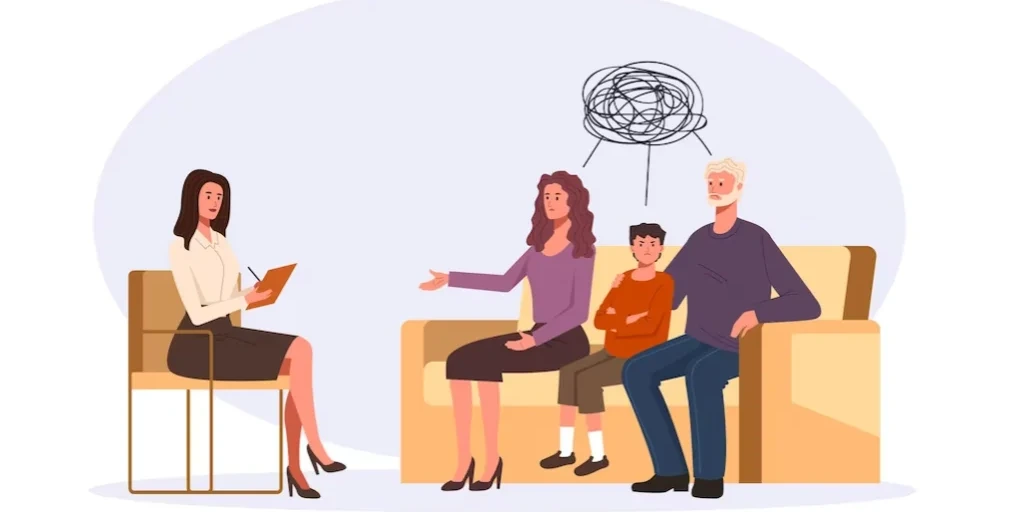24/7 Helpline:
(866) 899-221924/7 Helpline:
(866) 899-2219
Learn more about Eating Disorder Treatment centers in Bulloch County

Other Insurance Options

Highmark

UnitedHealth Group

Humana

Optum

ComPsych

CareSource
Beacon

Evernorth

Providence

Multiplan

United Health Care

BHS | Behavioral Health Systems

Access to Recovery (ATR) Voucher

WellPoint

Lucent

Private insurance

CareFirst

Optima

BlueShield

Absolute Total Care

Bulloch Recovery Resources
Bulloch Recovery Resources is a private rehab located in Statesboro, Georgia. Bulloch Recovery Resou...

Reliance Treatment Center
Reliance Treatment Center is a private rehab located in Statesboro, Georgia. Reliance Treatment Cent...

Pineland – College Street
Pineland - College Street offers outpatient treatment for individuals with alcohol and/or substance ...

Transformations of Statesboro
Transformations of Statesboro is a public rehab located in Statesboro, Georgia. Transformations of S...

Willingway
Willingway is a treatment center that specializes in substance abuse and addiction. Delivering patie...


















AA – Alcoholics Anonymous – Statesboro Group
AA – Alcoholics Anonymous – Statesboro Group is a non-profit rehab located in Statesboro, Georgia. A...

Pineland – Denmark Street
Pineland - Denmark Street offers outpatient treatment for individuals with alcohol and/or substance ...

Pineland – Women’s Day Services
Pineland - Women's Day Services is a gender specific program designed to help women develop skills t...

Pineland – Women’s Residential
Pineland Women’s Residential is a drug and alcohol treatment center for adult women. They also provi...

Damascus Rehab
Damascus Rehab is a private rehab located in Statesboro, Georgia. Damascus Rehab specializes in the ...

Willingway – Women’s Residence
The Women’s Residence is an Extended Care Program at Willingway designed for women who have been una...

Pineland – Cypress Lake Road
Pineland - Cypress Lake Road offers inpatient treatment for women with alcohol and/or substance addi...

Georgia Southern University – Center for Addiction
Georgia Southern University – Center for Addiction is a private rehab located in Statesboro, Georgia...

Pineland – Zetterower Road
Pineland - Zetterower Road offers outpatient treatment for individuals with alcohol and/or substance...

Pineland – Zetterower Avenue
Pineland - Zetterower Avenue services is a public, not-for-profit community based organization that ...

Pineland – Simons Road
Pineland - Simons Road services is a public, not-for-profit community based organization that helps ...

Pineland – Gentilly Road
Pineland - Gentilly Road services is a public, not-for-profit community based organization that help...




































